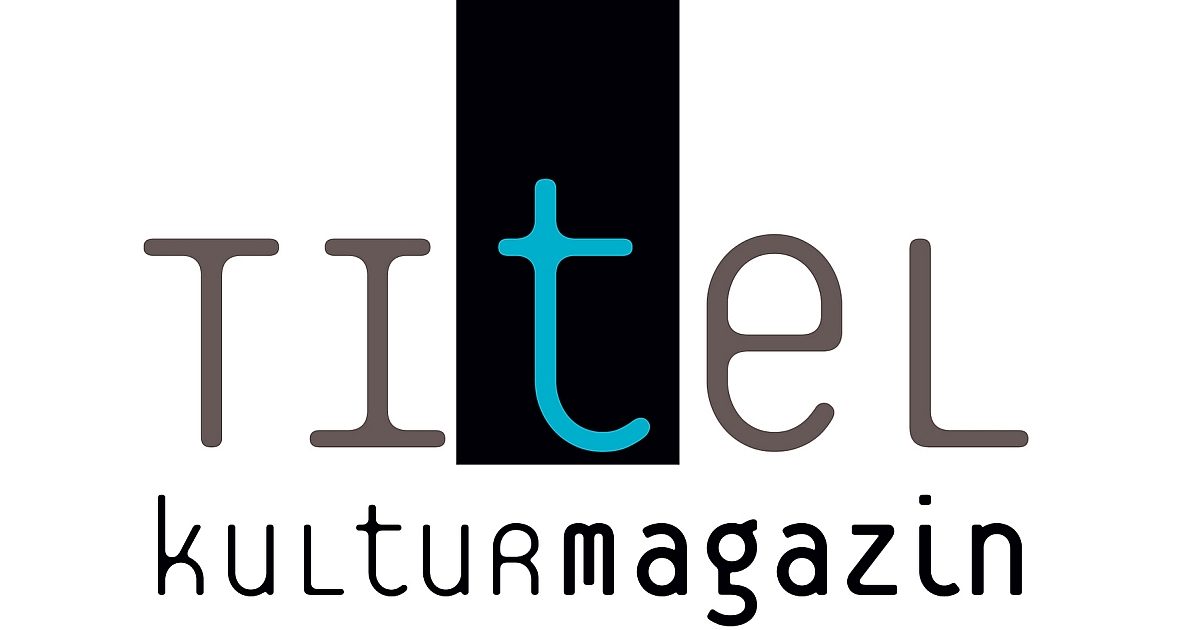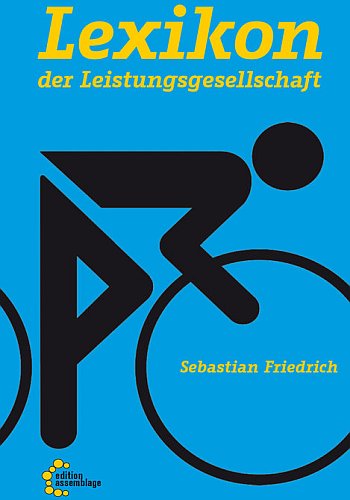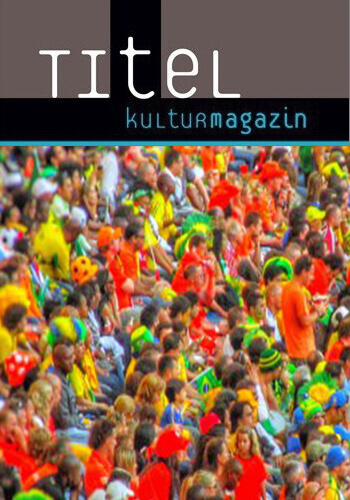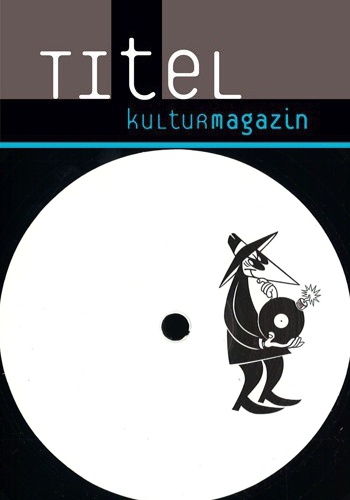Music | Bittles’ Magazine: The music column from the end of the world
The techno and deep house connoisseurs amongst you will no doubt already be familiar with the name Rennie Foster. BY JOHN BITTLES
Previous releases on labels such as Rebirth, Transmat, Synewave NYC, and Laurent Garnier’s impeccable F-Communications have been eagerly snapped up by those in the know, while his previous LPs (The War Of Art from 2007 and 2010’s Blood Sugar) were masterclasses in the art of injecting soul into music made by machines. His DJ sets are the perfect blend of tension, funk and groove. So, if Rennie Foster is ever playing in a city near you, don’t hesitate before paying your money on the door.
Inspired by his time living in Japan and dedicated to the late Aaron Carl, this month finds the producer returning to the long-player format with the glorious house thump of Game Of 100 Ghosts. Out now on his own RF imprint, the album combines the best of Detroit techno and Chicago house with an intellectual spirituality to create something startlingly fresh and unique. Financed using the crowdfunding site GoFundMe, the record’s twelve tracks contain a sense of sonic depth and emotional honesty stunning to behold.
Opener, Conscious Basics is a gorgeously deep call to arms, the spoken word sample urging us to ‚organise ourselves‘ capable of bringing out goosebumps on a dead man. Next up, Floatilla wouldn’t sound out of place in a Moodymann set, while Childish Things has a melody to die for. Other gems include the classic sounding warm house groove of Grass Roots, the cheese-encrusted rap/rave hybrid Do It Like Hip Hop, the melancholy swoon of Lament Spécifique and the space age techno of Nagisa. Every track is worthy of your time though, with the album’s mixture of laidback grooves and dance floor destroyers certain to find favour with anyone who likes their beats brimming with Soul.
Taking time out from his busy schedule Rennie very kindly agreed to answer a few of my questions. In the resulting interview we discuss the new album, using crowdfunding to finance the record, working with artist Abdul Qadim Haqq, running his own record label, and lots more.
So, gather your loved ones, ensure your tipple of choice is close at hand, and let us begin…

By way of introduction, can you tell us a bit about who you are and what you do?
My name is Rennie Foster, I’m a DJ, producer, and artist, currently living in Vancouver, Canada. I have released records on many classic labels such as F-Communications, Subject Detroit, Rebirth, Teknotika, Soiree, Thoughtless Music etc. I am a resident DJ at an after hours club here called Gorg-O-Mish, and play a lot as a guest DJ wherever will have me basically.
Your new album Game Of 100 Ghosts comes out on the 12th of September. For those who haven’t heard it yet, what can they expect?
Some of the tracks on the album have been released on various vinyl only labels these past couple years, alongside new material. There are several songs featuring live instruments, guitar, trumpet, flute, also two songs with vocals, one of them being Do It Like Hip Hop featuring legendary underground emcee Moka Only.
What was the main inspiration behind the LP?
It had been seven years since my last full length album, Blood Sugar was released on the Italian label, Rebirth. I felt it was time, and having a chance to work with Haqq for the artwork was a big motivator for me to make an official third album happen.
The album was funded using the crowdfunding site GoFundMe. What made you decide to set up your own page on this site?
I had always wanted to try to do a project by crowdfunding it. I have a very cool and engaged grass roots fanbase, and I’m lucky to have many supporters who believe in my music. It took me only three weeks to raise the capital this way, promoting through my personal Facebook page, and my artist page, but only unsponsored posts. I had confidence the campaign was going to be successful, but truly it surpassed my expectations. People care about my music, and even for lack of typical hype perhaps, there is clearly a demand for me to keep making it, which is all the motivation I need.
Opener Conscious Basics is gloriously deep and features a classic sounding spoken word sample. Where did the vocal come from, and what do you think it adds to the song?
This was taken from a very obscure YouTube video of a former member of the Black Panther Party talking about the dissipation of the party’s activities. Its place in the song is like a chant, or a call to mental activity to those listening. Not only to organize as a group and think as a group, but more importantly to organize ourselves and raise our own consciousness.
Floatilla has previously seen life as a limited edition 7inch, and was released in collaboration with Transmat and Jack White ’s Third Man Pressing in Detroit. How did this come about?
The Detroit based Third Man Pressing did a limited run of clear vinyl, hand stamped, 45s, honouring two classic Detroit techno labels, Carl Craig’s Planet E, and Derrick May’s Transmat, as a special release for Record Store Day. The Transmat record features a Rhythim Is Rhythim track The Innovator on one side, and my track Floatilla on the flip. Floatilla, which is also on the Game of 100 Ghosts album, was released last year on vinyl through the great Ornaments label in Germany as well, a very cool swirled vinyl with two version of my song Infinity Lesson on the flip.
One of my faves from the album is the melodic melancholy of Lament Spécifique. Can you talk us through the creative process for this song
Actually I was spending time with my family in Vancouver at a place called Granville Island, and there was a young man there busking, playing these wooden flutes, Bansuri, through some effects and I really loved the sounds he was making. His name is Peter Davidson, and he was living in India studying this fantastic instrument. I hired him for some hours to come to my studio and improvise over some simple grooves I was working on. I took the material I recorded and created two songs on the album, Lament Spécifique and Bansuri Coast.
Game Of 100 Ghosts is quite an evocative title for the album. Where did it come from? And does the title have any special significance for you?
Hyakumonogatari Kaidankai, the supernatural Japanese game of 100 ghost stories, was played by samurai to test their courage. There are several layers of symbolic meaning to the title and imagery of the album. It is a sequel to my first album, the 2007 release The War of Art, and both releases have many hidden messages, about the music industry, and other things. I like to think that the more a listener becomes familiar with my work, meanings are revealed in the titling, artwork, and of course music. I put a lot of intent into all of it.
The artwork for Game Of 100 Ghosts was created by Abdul Qadim Haqq who has been responsible for creating the cover designs of some classic Detroit techno releases. How did you manage to get Abdul involved with the Album?
I have been a fan of Haqq’s work since well before we met in person, of course. We met finally in Detroit a few years ago, and the last time I was there he invited me to dinner at his house. We are both fathers, spiritually minded, and dedicated to our respective crafts, so it was natural the subject of working together on a project came up. I knew that if I was going to have some artwork from such a classic artist it needed to be for an album.
As well as creating music yourself, you also run the RF imprint. What made you decide to set up your own record Label?
I first set up the label to digitally release some of my work that had previously only been available on vinyl, and also to release some of the music I was playing from artists on the come up. It has since expanded into several vinyl releases, loads of digital EPs, and now my album, which is a physical CD as well.
What have been the key releases for the label so far?
The remix of Black Jack’s Wormholes In Your Eyes that just came out should do well, it’s a serious bomb IMHO. Chronophone’s track Shafted which is a cover of The Theme From Shaft done with all hardware, is also really popular. Hiroshi Watanabe’s remix of Scanning Fresh Memories by Jace Syntax, the RF Remixes V1 and V2 featuring remixes by Claude Young, Butane, Satoshi Fumi, Antwon Faulkner etc., also my tune Traders, played by DJ Sneak at Glastonbury, have all been received warmly. Many more to come!
What can we expect from RF in 2017?
I am about to drop a real futuristic tech-funk joint from Orlando Voorn called Fix Is Back that he made while recently spending time at my studio, along with a DIY style video we shot. Remix from Detroit’s Body Mechanic and Sean Tate, who have been killing it recently with their Sunday Bassment livestream show btw.
Do you have any final words for our readers?
Thank you so much for your support of my music and other independent artists.
Head over to Rennie’s gofundme page for more information and details on how to get hold of the album, some videos and, most importantly, to show your support.
| JOHN BITTLES
| PHOTOS: VASHO PEKAR









